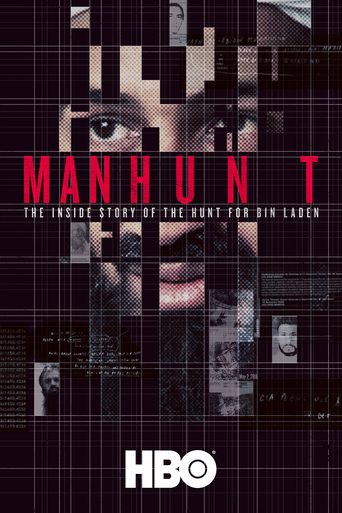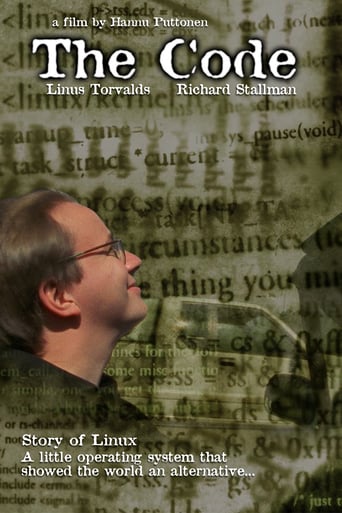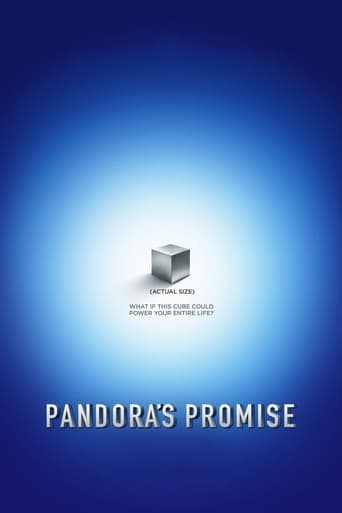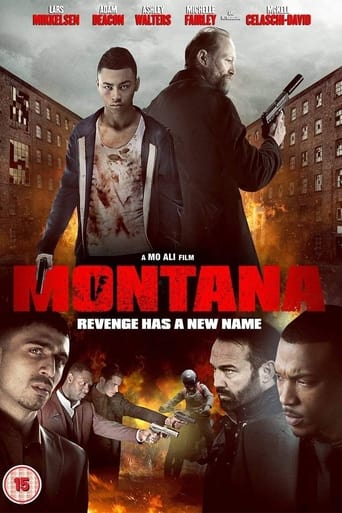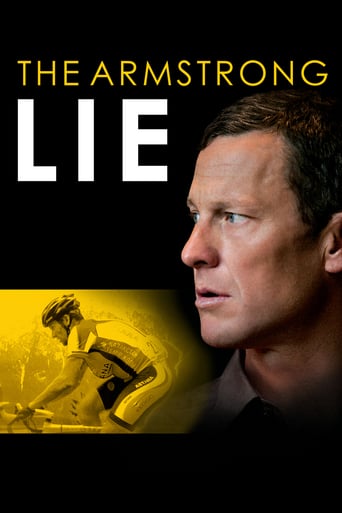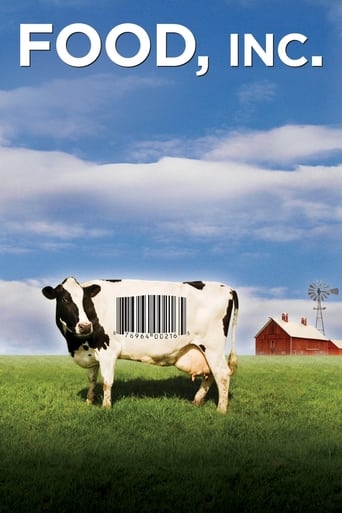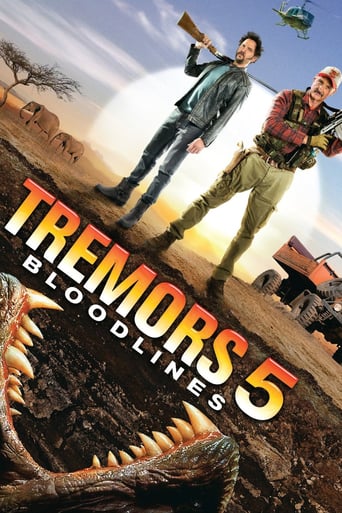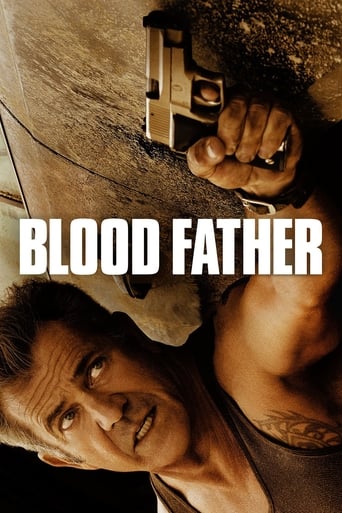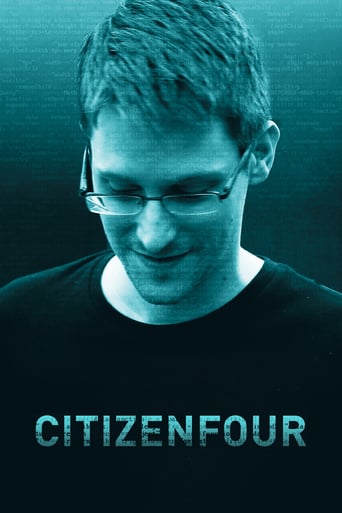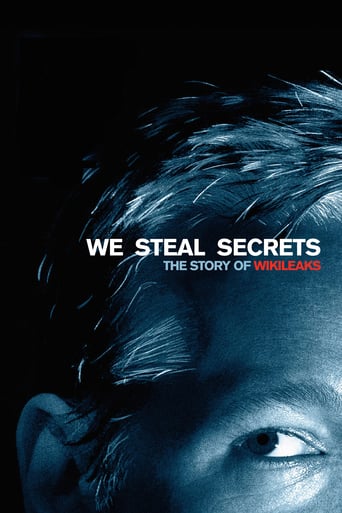


We Steal Secrets: The Story of WikiLeaks
Julian Assange. Bradley Manning. Collateral murder. Cablegate. WikiLeaks. These people and terms have exploded into public consciousness by fundamentally changing the way democratic societies deal with privacy, secrecy, and the right to information, perhaps for generations to come. We Steal Secrets: The Story of WikiLeaks is an extensive examination of all things related to WikiLeaks and the larger global debate over access to information.
-
- Cast:
- Julian Assange , Chelsea Manning , Alex Gibney


Reviews
So much average
Admirable film.
The joyful confection is coated in a sparkly gloss, bright enough to gleam from the darkest, most cynical corners.
The film never slows down or bores, plunging from one harrowing sequence to the next.
This 2013 documentary film by Alex Gibney focuses on the enormous Wikileaks data dump of 2010, which was prompted by the massive files released by Bradley (Chelsea) Manning. The filmmaker takes an open-minded and balanced approach to this controversial topic. While Gibney was unwilling to pay the $1 million asking price for an interview with Julian Assange, there is still abundant footage and sound bytes of Assange in his own words.The film is successful in raising the ethical concerns about whether such classified information as strategic military data should be in the public domain. The position of Julian Assange is clearly stated in the film: "Information should be free." In this regard, Assange was breaking new ground in using his computer skills to release a video of war atrocities in Iraq when civilian deaths resulted from American military incompetence. Of course, the video footage drives home Assange's point when the driver of a truck was taking his kids to school when he was killed, and a bystander's camera was mistaken for a weapon, prior to the bombing. This kind of information was aired nightly during the Vietnam War. Today, it is not. Thus, the importance of accountability to the American public.The opposing position presented in the film is that it is necessary for the military to keep secrets to protect those who are engaged in a covert operations. This position is argued in the film by Michael Haden, a retired general and former Director of the CIA. The film's title, "We Steal Secrets" is a line spoken in the film by Haden, as he argues that the nature of war in the twenty-first century demands secrecy.But Haden's countervailing argument about mandatory secrecy does not hold up under close scrutiny. Haden believes that the American public must be kept in the dark about issues that HE deems imperative to national security. This paternalistic attitude is at the heart of why there have been so many needless wars in American history of the past century when bureaucrats, as opposed to elected officials are making decisions of policy and shaping our history as a nation. Haden was not an elected official, hence, the importance of Hayden keeping the Congress and Americans apprised of the protracted wars. As an apologist for state secrecy, Haden was also proven wrong about the computer skills of Bradley (Chelsea) Manning that allowed Manning to store images even after he had assaulted his female supervisor and was relegated to the mail room. There appears to be no concern from Haden about the ease of access to United States government classified materials that led to their eventual dissemination to the public. The ethical issues raised in the film appear to be tied directly to bureaucratic incompetence on the part of leaders like Michael Haden.Towards the end of this long documentary, the film went off the rails by spending far too much time on the allegations of sexual misconduct of Julian Assange (the rape charges against him were eventually dropped in Sweden in 2017). There is also too much time wasted on the personal sexual identity and the incarceration of Bradley Manning. (President Obama commuted the sentence of Bradley Manning, who had become Chelsea Manning by early 2017). So, where does that leave us now? ANSWER: Probably in the same state of confusion, controversy, and public apathy about the secrecy issue as when Assange was using the handle of "Mendax" as a teenager computer geek.
A fascinating documentary that sheds a revealing light on the largest whistleblowing scandal of recent times, its repercussions and the moral dilemma involved, even though Gibney also has a bit of trouble editing all this material together in a cohesive way. Watch it. Best WikiLeaks doc out there.
Whatever your view of Julian Assange, whether as a fearless crusader for truth or a heartless hacker and ego-maniac, Alex Gibney's amazing documentary following the Rise and Fall of Assange and the scapegoating of his sexually confused US Army collaborator, Bradley Manning, asks all the hard questions from every angle and paints a woeful picture of the crisis in western democracy. When the Wikileaks news was breaking it was so fragmented and intertwined with other war news, sensations, and scandals, that many people were unable to unscramble what was what, and who was who. For one thing with all the references to asylum in Sweden and the peculiar surname there were probably some who thought Assange was himself a Swede (he is not) and others who were possibly confusing wiki-leakage with the info website Wikipedia.All this is straightened out and put into context by Alex Gibney's "We Steal Secrets", which is partly an inquest into the dynamics of investigative journalism, and is itself a sparkling piece of investigative journalism -- in addition to which it has the feeling of an espionage thriller.The basics are this: Julian Assange (not his original name but the anglicized form of an Cantonese name) is Australian and started out as an expert computer hacker, later journalist and political activist, campaigning avidly for transparency of government information, particularly with regard to the wars in Iraq and Afghanistan. Numerous deaths of civilians were blithely written off as "collateral damage" by the military, but because of Assange's Wikileaks website activity were eventually exposed as blatant murder of noncombatants. This is only the tip of the iceberg: Loads of secret army files were turned over to Assange by a young American soldier, also an expert hacker, Bradley Manning an intelligence analyst stationed in Baghdad who had access to all the information stored in the computers there. Bradley was openly gay but because of his computer expertise his top secret clearance was never pulled. Eventually, when he realized what was going on and his conscience got the better of him he made the moral decision to pass his privileged information on to Assange in order to expose the atrocities he had discovered. In 2010 when Assange put hundreds of such files out on the worldwide web through his Wikileaks website he was hailed as an international hero by those against the war and condemned as a dangerous enemy agent by the U.S. governmentGibney's movie traces Assange's rise to notoriety via interviews with various journalists who followed him around, especially one Australian journalist and fervent Assange disciple Mark Davis. The entire first half of the film paints a very positive picture of a valiant charismatic crusader sporting long silvery hair something like an aging rock star. We see constant street demonstrations expressing solidarity with Assange in placards such as "Telling the truth is not a crime". Assange has become a public hero, but later when he gets into trouble in Sweden the picture begins to change. Two young female groupies accuse him of illicit sex and purposely breaking the condom! His extradition from England for trial in Sweden is demanded. At this point the US government also wants to get hold of him as an enemy agent and the plot thickens rapidly. By equating the mission of Wikileaks with his own campaign to discredit the sexual assault charges in Sweden, and advocating the kind of secrecy he had been fighting against all along, Assange manages to alienate many of his closest supporters. If the Swedes get him the next step could be extradition to the USA. To save him from extradition Ecuador offers him sanctuary in their London embassy. Gibney offered to interview him there so that he could present his side of the story in this film but Assange demanded one million dollars or nothing so that interview was canceled. But this is only half of the story --the parallel story of the persecution of Pfc Bardley Manning is the other half of the picture. Without Bradley there would have been no such mass leakage of military and political secrets. Bradley denounced by a buddy who later in the film repents tearfully, has been wallowing in an army brig for three years without being brought to trial. This parallel story interwoven with the meteoric ascent of Assange reveals Bradley's struggle with gender identity --he really wants to be a woman -- and his personal torment over what to reveal and what not to reveal. If construed as giving aid to the enemy the beef against him could carry a sentence of death. The government condemns Bradley but admits that little was revealed which could directly place US military personnel in jeopardy. The most striking statement comes from Michael Hayden, former CIA chief, who admits with surprising candor, "Yes, we steal secrets from other governments -- it's all part of what we have to do to preserve democracy..." -- a remark which informs the title of the film. Manning will come to trial on June 4. The release of this film at this point in time will surely cause many people to rethink their views on the whole leakage business and the whole attitude and role of the US military.The big question posed by this film is not whether Mr. Assange is a good guy or a bad guy, but the thornier question of control versus free flow of information in a democratic society; how much revelation of government secrets can a democracy tolerate?What will actually happen now is anybody's guess but it is very unlikely that Assange will ever go to Sweden to face the charges there or leave the Ecuadorian embassy anytime soon. They have a place called "Gitmo" for people who are deemed as being overly dangerous to the American way of life ...
I rate this documentary seven because of its watchability, although I realised while watching it that my mind was being warped against Assange. The title alone is a giveaway. Hackers have been very unfortunate, particularly since they caused the personal computer and the internet to be invented through their hacking work on telephones in the 1970s. It was William F. Gates who first threatened a hacker with the law, and that individual was later locked up with a lengthy sentence, starting the whole ugly corporate/state process that continues to this day with the victimisation of Assange. The documentary makes it plain that if Assange was to be locked up for publishing the war and state documents, so should the editors of the New York Times and The Guardian. It also showed the NYT journalists joining in the badmouthing of Assange, according to the CIA script. Then the film went on to condemn Assange for taking refuge with the one country that offered to help out: who could blame him? Yes, its a mixed up film that tries to show up Assange as a power freak, although he is of course a pathetic victim of the giant power that he took on. I, for one, truly hope he gets elected to the Australian Senate.

